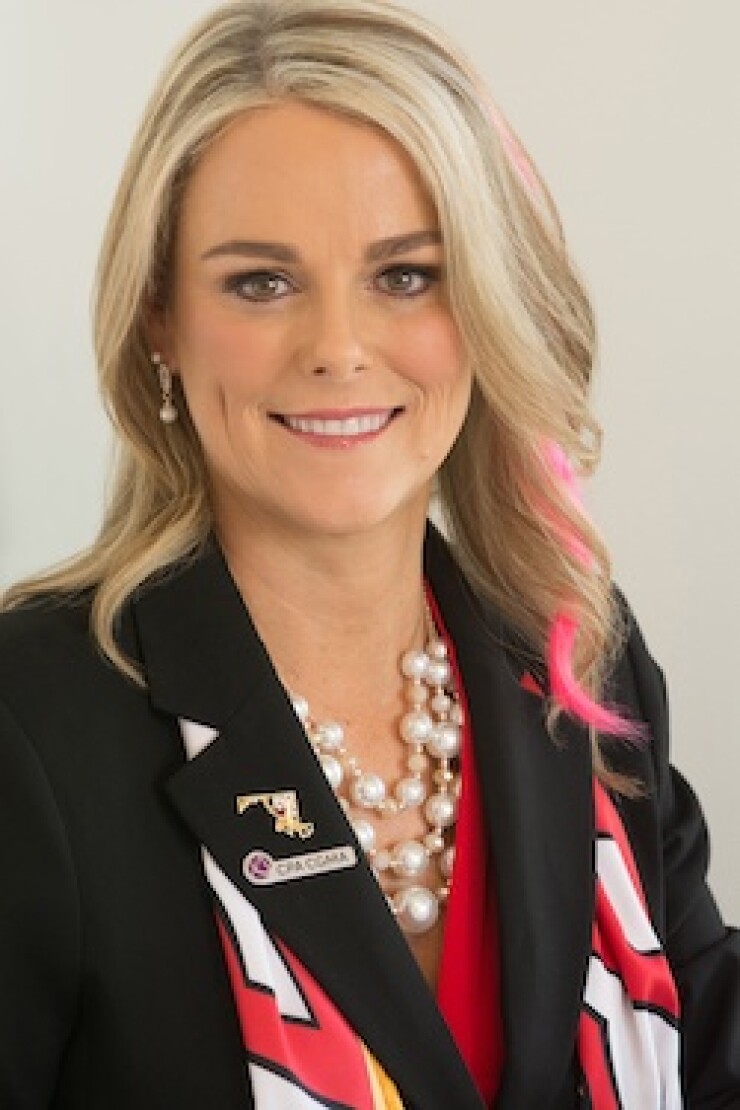Given the complexity of the technology and the audacity of its goals, artificial intelligence has long had its share of misconceptions and overblown claims. The huge amount of money and attention showered on this sector over the past year has only exacerbated this problem, sowing the field with confusion and uncertainty. In such an environment, it can be difficult to tell what is real and what is merely a shadow cast upon a cave wall.
This is why, as part of our survey, we asked our experts about where people seem to go wrong when thinking about artificial intelligence and the most wild and crazy claims they've heard about the technology. What makes these AI thought leaders raise their eyebrows and cock their heads as they recognize something as beyond the range of reasonable discourse?
Many looked askance at the doomsday arguments that AI represents an existential threat to the accounting profession, saying that a computer cannot replicate human initiative, judgment, empathy or ethics–in this view, while AI will almost certainly become part of the standard accounting toolset, it will not, itself, replace accountants any more than a pocket calculator.
Jeremy Sulzmann, vice president of Intuit QuickBooks's partners segment, noted that accounting remains a relationship-based business, and computers cannot replace the deep connection and understanding trusted professionals have with their clients. Abigail Zhang, a University of Texas accounting professor who specializes in AI matters, added too that new technology won't replace accountants and, indeed, will likely create entirely tasks for professionals that replace the ones automated away.
Others took aim at the more utopian claims made by AI boosters, such as it eventually leading to a cascade of iterative improvements that eventually lead human civilization into an entirely new era. Danielle Cheek, vice president of strategy and industry relations with MindBridge AI, talked about those who say that AI will cure all diseases and lead us to immortality, among other things. Meanwhile, Jason Staats, founder of Realize, expressed skepticism towards those who compared the development of AI to the invention of fire. And Samantha Bowling, managing partner at GWCPA, mentioned the idea that AI will replace humans and have machines take over the world.
In this edition of our multi-part series, we examine how AI thought leaders respond to two questions: "What is the biggest misconception today regarding AI and accounting?" and "What is the most overblown claim about AI in accounting you've ever heard?"




























